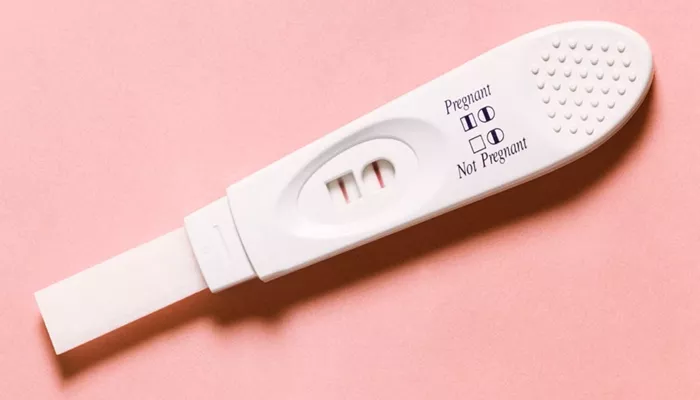A new study suggests that a mother’s health during pregnancy—especially if she has obesity, high blood pressure, or gestational diabetes—can raise her child’s blood pressure as they grow. The research, published in JAMA Network Open, shows that these children often have higher blood pressure and see it rise faster between ages 2 and 18 than other kids.
The findings, based on nearly 30 years of data from 12,480 families, point to the importance of early prevention—starting as early as pregnancy.
Why Early Blood Pressure Matters
High blood pressure, or hypertension, used to be more common in older adults. But now it’s affecting people earlier in life. Doctors are realizing that problems can start even before birth.
Most past research only looked at single risk factors, like obesity or diabetes. But this new study, from USC’s Keck School of Medicine, examined how multiple maternal health issues together can influence a child’s blood pressure over time.
Study Details and Key Findings
Researchers used data from the Environmental influences on Child Health Outcomes (ECHO) Program, which ran from 1994 to 2023. About 44% of the mothers had at least one health risk during pregnancy:
- Obesity: 24.6%
- High blood pressure disorders: 13.6%
- Gestational diabetes: 6.5%
Children born to these mothers had:
- 4.88 points higher systolic blood pressure (SBP)
- 1.90 points higher diastolic blood pressure (DBP) compared to kids whose mothers had no such health issues.
Even more striking: if mothers had two risk factors, such as obesity and a pregnancy-related blood pressure disorder, their children’s SBP and DBP rose by 7.31 and 4.04 points, respectively.
Blood Pressure Changes Over Time
In children who had at least two blood pressure readings recorded, the researchers saw that:
- SBP increased 0.5 points per year
- DBP increased 0.7 points per year
when the mother had at least one risk factor during pregnancy.
These increases may seem small but can lead to serious health problems later in life if not addressed early.
Who’s Most Affected?
The effects were stronger:
- In girls compared to boys
- Among Black children compared to other racial and ethnic groups
This suggests that some groups may face a higher long-term risk and may benefit even more from early intervention.
What This Means for Parents and Doctors
Lead researcher Dr. Jason Niu says the findings highlight two key ideas:
Healthier moms mean healthier kids: Helping women stay healthy before and during pregnancy could improve heart health in the next generation.
Early screenings matter: Children who look healthy might still have rising blood pressure. Catching it early could prevent serious issues later.
Right now, most doctors don’t screen children for high blood pressure unless they’re already showing signs of health problems. This study suggests that may need to change.
Next Steps in Research
Dr. Niu and his team are continuing to explore how other factors—like air pollution and stress—might also affect children’s heart health. Their goal is to build a fuller picture of what puts kids at risk and how to protect them early in life.


